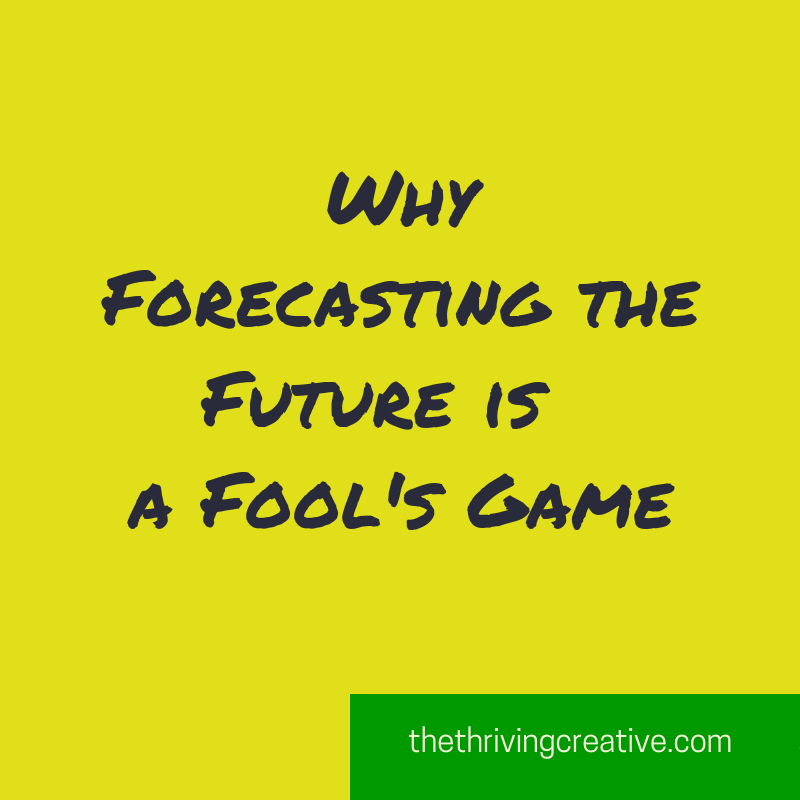
I’ve been cleaning up some papers lately (inspired by my binge watching of Marie Kondo on Netflix) and I came across a pile of newspaper clippings that I thought were worth keeping.
The first one I read was from the London Evening Standard on Friday 19 September 2008 written just after the great banking meltdown earlier that year.
I won’t embarrass the writer by naming them, however here is a paragraph:
“A spell of austerity will concentrate our minds. We will rethink the economic dogmas inherited from the era of Reagan and Thatcher. We’ll see the virtues of democratically regulated economies. We’ll close the wealth gaps that have disfigured society with unconscionable inequalities.”
Um. Yeah. How did that all work out?
How did that ‘spell of austerity’ help us to turn our society around?
I’m not going to get into all the reasons why I think this prediction has gone so far south, I’ll let you draw your own conclusions.
But it draws our attention to the fact that none of us can predict where our countries, governments, careers, or families will be in 10 years’ time. We really can’t even say where it will be in one year’s time.
That doesn’t mean there isn’t value in planning, in thinking strategically, in setting goals, in deciding on directions.
As long as you realize it’s probably not going to work out like that.
What if we spend our time deciding what’s important to us? What our values are?
By determining that, we can then use that as a compass to navigate the reality that gets thrown at us, rather than trying to dogmatically stick to some 10 year plan that will never work out the way we envisage.
Align yourself with your values.
That’s something that will stand the test of time, where your forecasts won’t.
Nice post! Agree with you entirely.
Thanks Andreas!